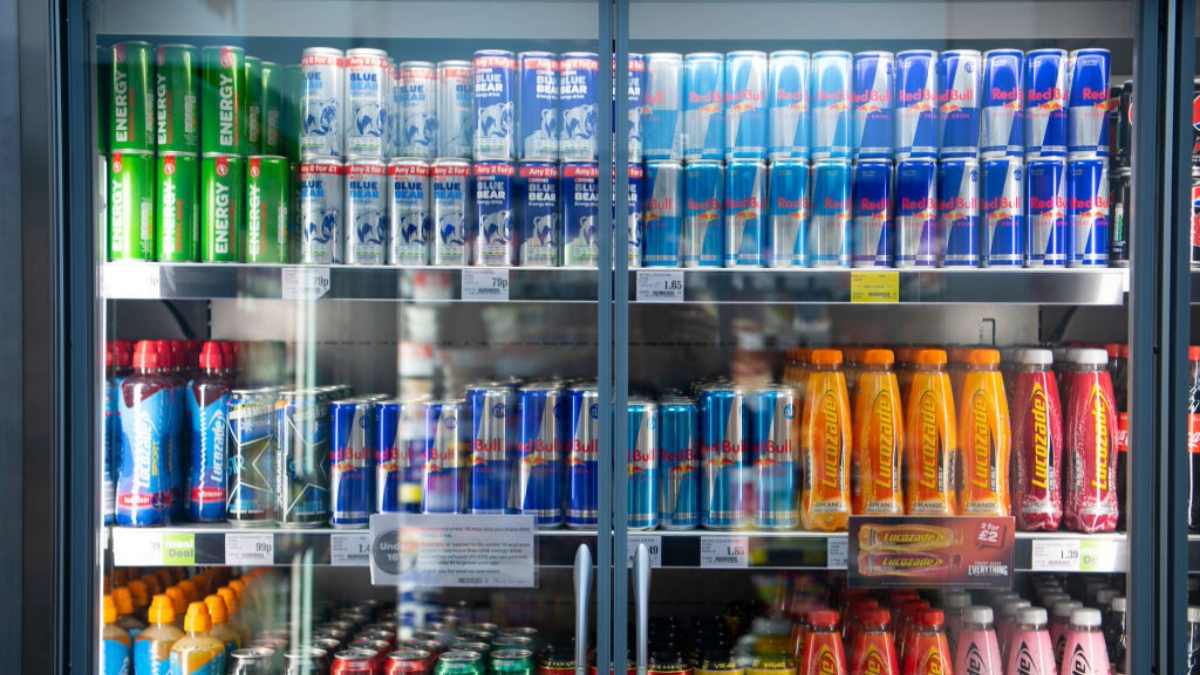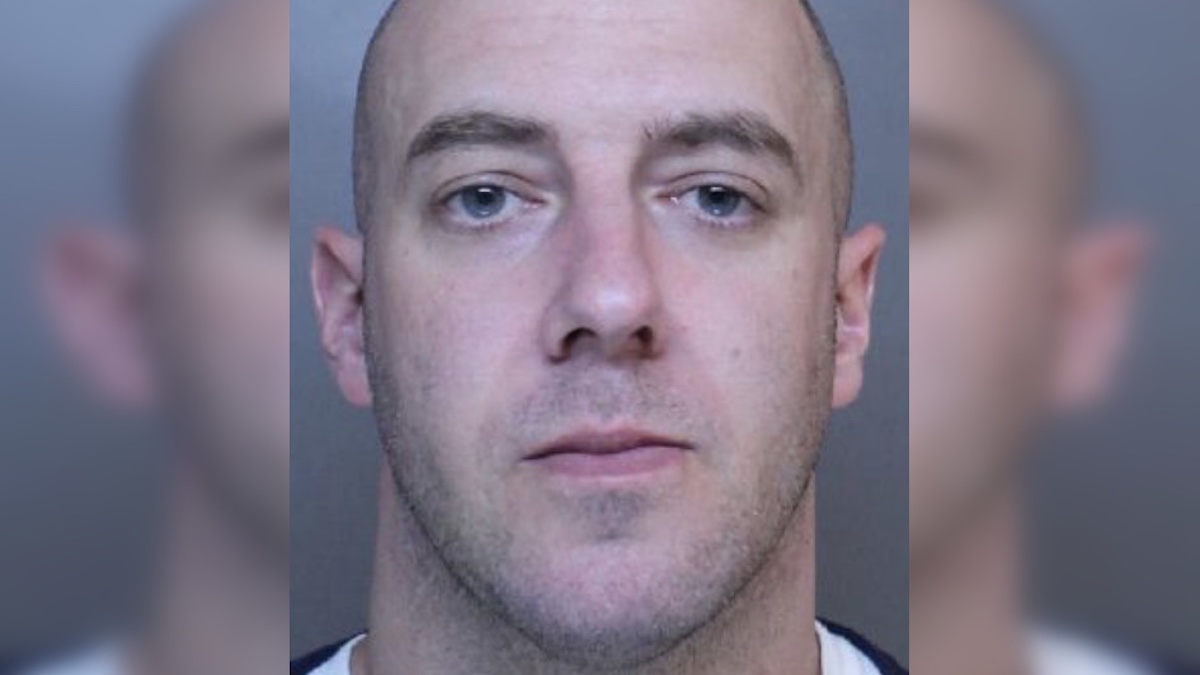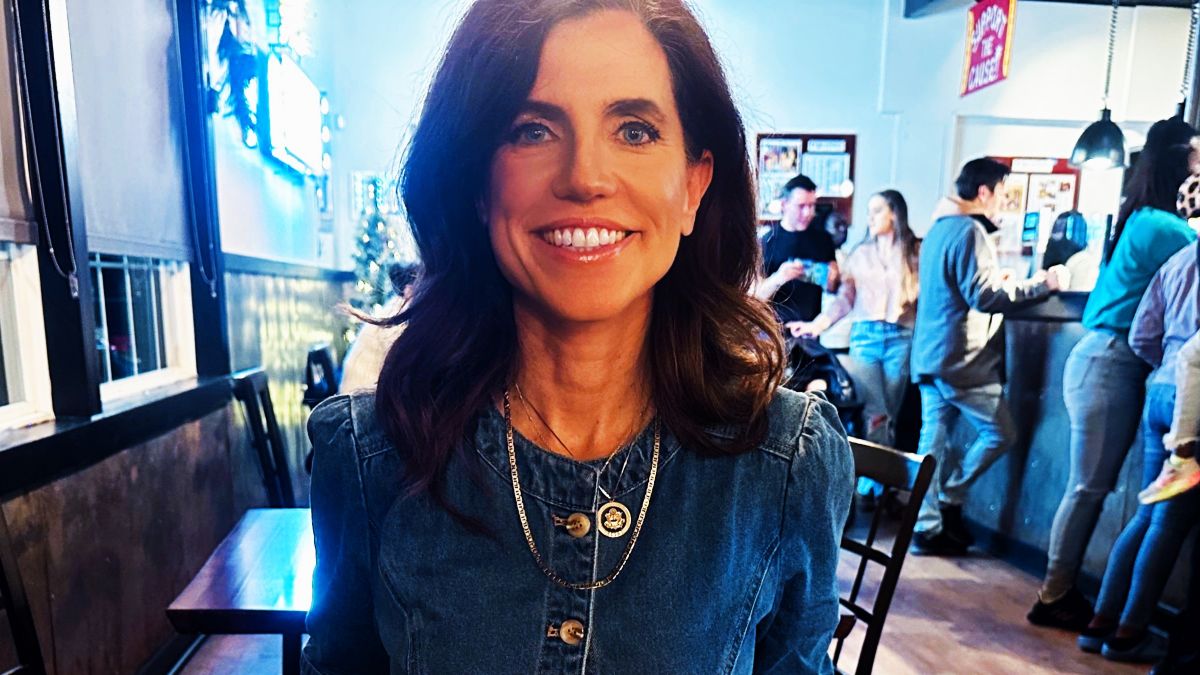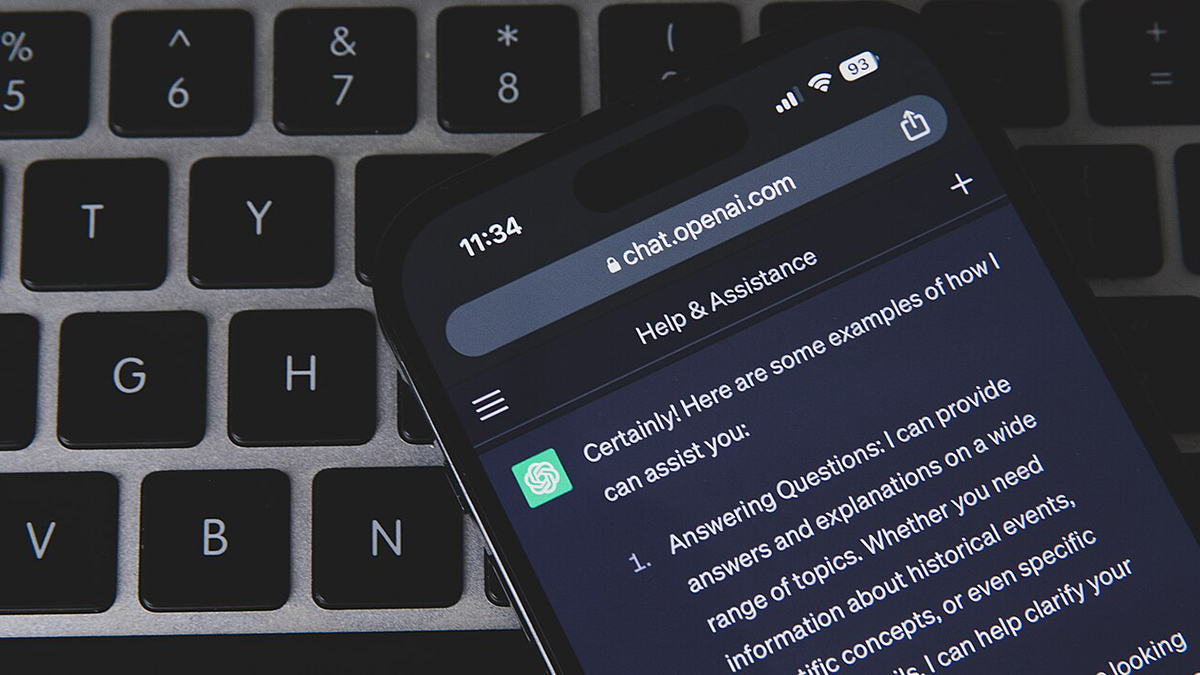Caffeine-related emergency room visits among children are increasing at an alarming rate, one study finds. What can you do to keep your kids safe?
Apart from limiting your child’s caffeine consumption, it’s important to know the facts. A new study from Epic Research reports that caffeine-related emergency room visits have roughly doubled among kids aged between 2017 and 2023. The study was conducted by two independent teams and looked at more than 277 million hospital patient records across the United States, Lebanon, and Saudi Arabia.
Both teams came to similar conclusions: For children aged 11 to 14, the rate of visits increased from 3.1 to 6.5 per 100,000 visits while children aged 15 to 18 saw a similar increase from 7.4 to 13.6 per 100,000 visits. Of these visits, male patients had higher rates of caffeine-related emergencies, sometimes as high as triple the amount of female patients.
What you should know
While caffeine-related emergency room visits are still rare, you should know the signs of caffeine poisoning in order to protect yourself and your loved ones. According to Healthline, these are the severe symptoms of caffeine overdose to watch for:
- trouble breathing
- vomiting
- hallucinations
- chest pains
- irregular or fast heartbeat
- confusion
- uncontrollable muscle movement
- convulsions
Less severe symptoms include dizziness, diarrhea, headache, fever, and dehydration. Caffeine consumption varies but the recommended amount for most adults is up to 400 milligrams of caffeine per day. Teenagers aged 12 to 18 are recommended no more than 100 mg of caffeine per day and while there’s no official consensus on safe caffeine consumption for children younger than 12, it’s best they skip it all together.
A recent C.S. Mott’s Children’s Hospital National Poll on Children’s Health asked parents of children aged 13 to 18 about their children’s caffeine habits. Nearly 25% reported their kids consumed caffeine every day through soda, coffee, tea, and energy drinks. Most parents polled (66%) think they can tell if their child has had too much caffeine but drinks aren’t the only way to consume caffeine, making it difficult to accurately guess if your teen has had too much.
While most of us are aware of the dangers of energy drinks, the FDA notes that caffeine can be found in candy, ice cream, protein bars, chewing gum, over-the-counter medication, and supplements. It’s important to check food and beverage labels for added caffeine if you want to limit consumption. Do note that caffeine will not appear on most food labels unless artificially added but ingredients that naturally contain caffeine — like chocolate, for example — will. Most products containing caffeine will also note how much caffeine they contain.
It’s also important to note that decaffeinated drinks are not completely caffeine-free. Decaf coffees and teas often contain 2 to 15 milligrams per cup, according to the FDA. If you or your child are caffeine-sensitive, you may want to avoid decaf beverages as well. Pay attention to drinks at restaurants and fast food establishments as well. It may surprise you that drinks like Dunkin’s popular refreshers contain caffeine but you can check the amount in each drink on their website.











Published: Nov 8, 2024 03:49 am